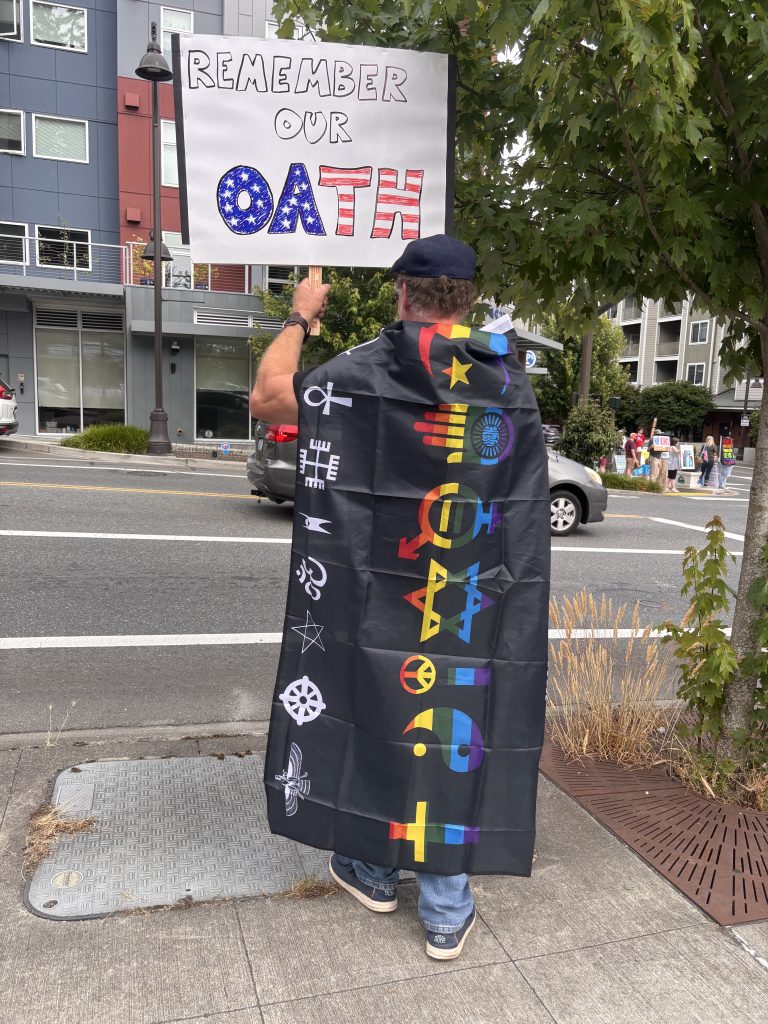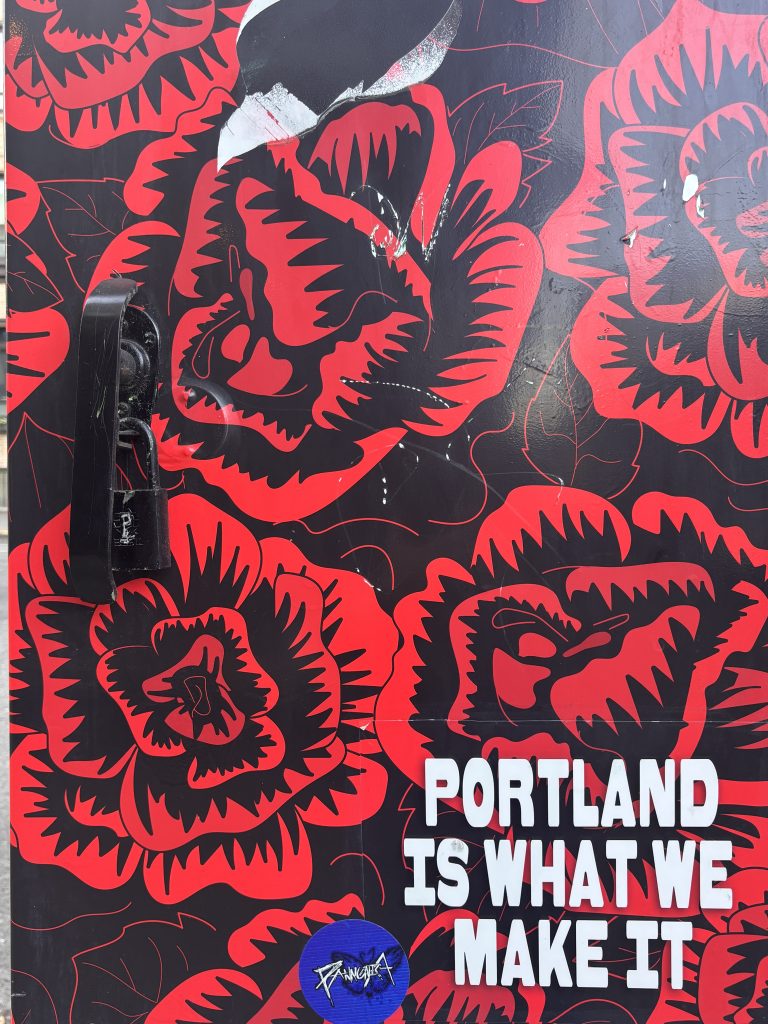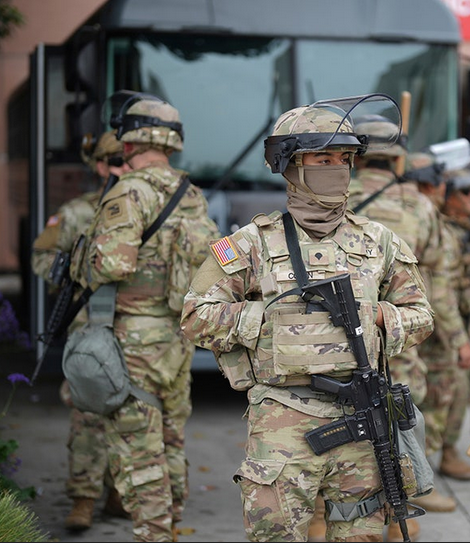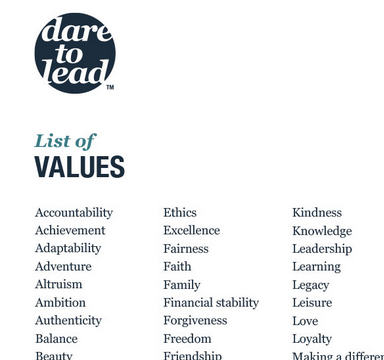Armed Allies
Build relationships with folks in armed forces. They make decisions every day about whether to enthusiastically cooperate, or be sand in the gears. Remind them of the people they are being asked to oppress.
This is not incompatible with making ICE unwelcome in your city. We can resist the uniform while remembering the humanity of those within it — and reminding them, too.

Why we do it:
At a basic level, we’re being practical. We need resistance from within the armed forces (military and police) to be successful. That means reminding the men and women inside the uniforms that their cousins and grandmas may be standing on the other side of protest lines. We’re also embodying our principle of not dehumanizing: we can oppose the uniform while remembering the humanity of those within it. When we protest the hotel lodging ICE, aren’t we really saying “Hey, make better choices!”?
The regime is busy weaponizing the National Guard and building ICE into an internal security force. Unfortunately, they have also captured enough courts that some orders, which should be illegal, instead are being upheld. That forces Guard members into a conundrum with potentially harsh consequences. Refusing an illegal order takes courage. Refusing a court-validated one is mutiny, for which a soldier may be court-martialed and executed. Fantasies that entire battalions will join the resistance wholesale are just that: fantasies.
Instead, we erode compliance from within, one person at a time. If you’re familiar with military culture, you see dissent seeping around the edges in carefully worded non-responses or dragged-out training exercises. Rumors of dissent influencing orders exist, but cannot be publicly confirmed while those members remain in service.
Police forces in Blue cities are shifting, too. Where 2020 protests stoked police aggression in places like Portland, in 2025 they have shown restraint. While this is largely a political decision, there is also resentment among municipal forces over respect and federal intrusion.
As our emerging secret police force, ICE is a new breed of organization in the United States. With no longstanding traditions and a growth rate impossible to meet through ethical hiring and training protocols, ICE is largely staffed by two groups: the morally reprehensible, and the bamboozled. Stories are emerging of ICE employees hitchhiking from remote locations after walking off the job. We need to cultivate those messages, warning new recruits in order to slow hiring. Where we find disgruntled older employees, we can encourage sand in the gears from within.
We begin with the people we know. Show them there is a world beyond their career, and that help exists if they choose it. Those who resist order face expulsion from their own lives, or in the case of military enlistees, prison and dishonorable discharge. It is essential they know we will welcome them back. They need reassurance that we won’t shun them, like Vietnam draftees on their return.
How we do it:
If you have family or friends in any armed force, from a young NCO to a salty admiral, reach out. If your relationship is strained, avoid politics. You are not trying to convince them of anything. You are only reminding them of the real human lives on the “other side.” Ask about their dog or their garden. Don’t hide your positions. Our goal is to remind them that people on the other side include folks they like. Take it slowly, and if politics come up, “agree to disagree.”
If they follow your lead, continue rebuilding the relationship and see what happens. Eventually they may mention that not getting paid is hard, or that they didn’t like the destruction of the East Wing. DON’T POUNCE. Just listen.
If they express a desire to resist or leave, support them. The path forward depends on their legal obligations and personal situation. Most people who join the police and armed forces believe they’ll be the good guys. If that belief has shifted, your next steps depend on their situation.
In contrast to airmen, soldiers, sailors and Marines, police and ICE may quit at will, but may need job-change help. Alternatively, you can encourage them to resist from within through reform, or to become sand in the gears. Many people survived the Nazi regime because a guard was routinely sloppy checking papers. Be sensitive to legitimate safety concerns if they choose to openly resist. Cops have been killed after pushing for change.
Military members exist within a much more rigorous framework. Most cannot resign at will. Those who can are generally in positions of power that we would prefer they leverage. Military regulations, traditions, and even the law are entirely different from civilian life. Proceed with humility if you are not familiar with their unique situation. Instead of forceful direction, offer resources and personal support as they explore options. The National Institute of Military Justice can help with legal questions. The GI hotline offers non-governmental support, from ethics to referrals.
If they double-down into hate, or attack you for who you are or what you believe, disengage. Simply say “I’m sorry you feel that way. I miss the days we used to [x]. I need to go now.” Leave, hang up, or ignore corrosive texts. You are not required to make yourself smaller, or subject yourself to abuse. We are offering the people across the firing line an opportunity to reconnect as humans. You deserve humane treatment, too.




